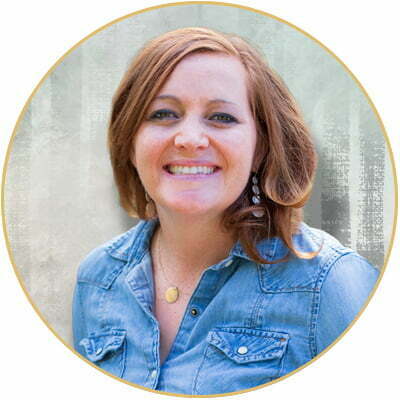

Last month, the President of the United States and his appointed Health Secretary suggested that pregnant women taking the commonly consumed and widely available drug acetaminophen have contributed to the rise in Autism related diagnoses in the United States in recent years. The President suggested that pregnant women taking acetaminophen have birthed an increasingly higher number of children who have been later diagnosed with Autism. This claim prompted rebuttals from leading health agencies, including the United States Food and Drug Administration, which emphasized that not enough scientific evidence exists to solidify a causal relationship between consumption of acetaminophen and Autism rates, and acetaminophen is safer for pregnant women and their babies than ibuprofen or aspirin.
While health agencies around the world debunked and debated the President and Health Secretary’s claims, text threads and inboxes around the country lit up with parents who suddenly wondered if they were to blame for their child’s Autism diagnosis. The mushroom cloud of shame and blame still smolders high. No matter where your church, or you as a minister, fall on the political spectrum, the church can step in and step up to support families impacted by Autism who are carrying the burden of “what if” and “what now”. With some intentional communication and care, you can help make church a safe place to land in turbulent times.
While we often associate communication with the specific words we speak, science shows that up to 93% of all communication is nonverbal. This statistic is exceptionally important as we communicate with families and individuals impacted by Autism. When a family with a kindergartner shows up to the Kid’s ministry check in counter 25 minutes after the start of the service because the family was searching the house for the only sweatshirt that the kindergartener feels comfortable in, do we sigh and give an involuntary eye roll as we fire up the check in iPads once again after we had put them away, thinking that nobody else was due to arrive? Do we abruptly grab the child’s hand to guide them into a class that has “already started” the weekly lesson?
When a teenager with Autism covers their ears during youth worship night and walks to the back of the room to sit on the floor, do we tower over them and shake our finger that “students are not allowed to sit next to the wall?”. Do we wait weeks and weeks to reply to that 40-year-old church member with Autism’s email about joining a Bible study, not because we did not have time to reply, but because we just “didn’t want to deal with it”? None of these scenarios communicate even the tiniest bit of enthusiasm for the presence and participation of the individual and their family in the life of the church. It takes only a moment to communicate to someone that they do or do not belong. Do all you can as a church to overly communicate the latter.
Train your volunteers to support individuals with Autism in ministries for all life stages (infant, preschool, elementary, junior high, high school, young adult, adult, senior ministry). Insist that your church staff have an awareness of those with Autism in their congregation and educate staff on best practices in programming and ministry regarding disability and inclusion. Plan ahead for ministry transitions and special events, so that families and individuals impacted by Autism can be full participants. Clearly communicate support plans to volunteers and staff. Clearly and kindly articulate any possible support or program limitations to your families. Do everything possible to set up your families, volunteers, staff, and congregation to engage in ways that are mutually respectful and affirming.
One of the most common barriers to inclusive, supportive church experiences is the phrase “well, we have always done it this way”. Internal resistance to examining what we do and how we do it in the church hinders our ability to share the transformative message of the Gospel to those who have been told time and time again that they are too much, that they are a burden, and that they don’t belong. What was successful in your program 25 years ago may not be serving folks in the same way it did at the turn of the millennium. What feels comfortable may not be compassionate. What feels safe or easy may be hurtful and alienating. Have the courage to examine what your ministry and church can do differently, or more or less of, to support individuals and families with Autism better.
There is no shortage of pain in this world in 2025. In seemingly small but insanely powerful, life changing ways, the church can communicate to those impacted by Autism that no matter what science and the political powers do or do not say, Jesus welcomes all to His church. This Sunday, prop your door open a little bit wider for families reeling from this latest blow.


